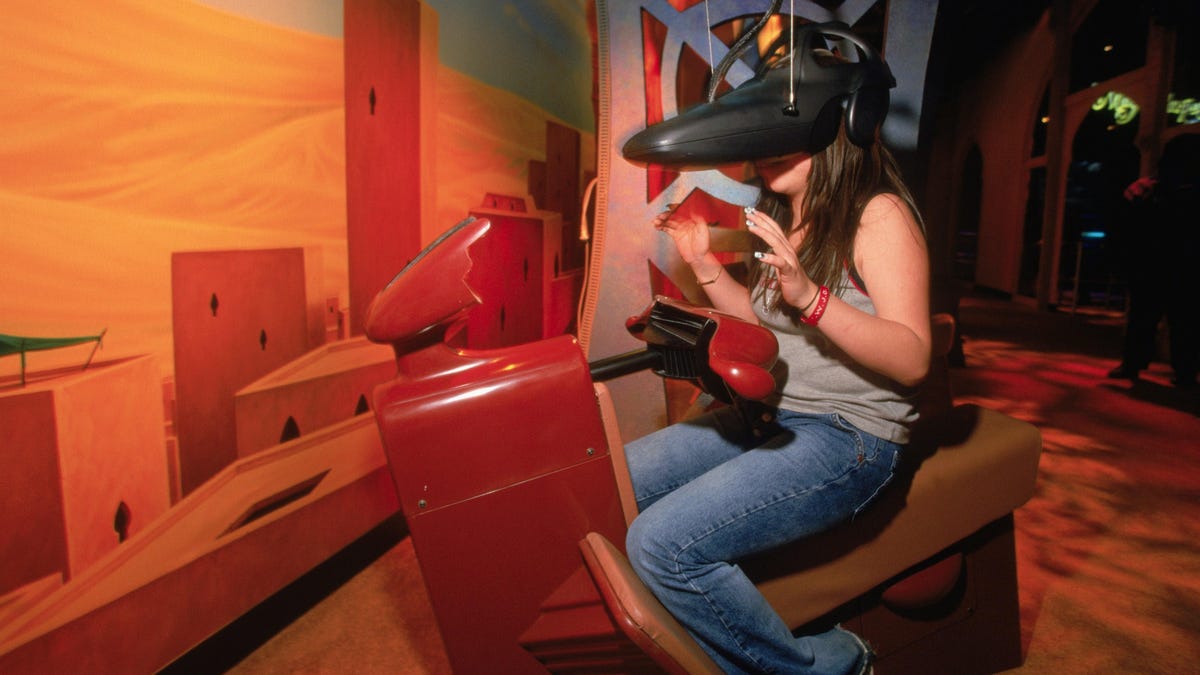Disney has appointed an exec to run its metaverse and his first job is to figure out what the hell it is.

According to Reuters, Mike White, an 11-year veteran at Disney who previously worked at Yahoo, has been named the head of the company’s metaverse strategy. The appointment, which was announced through an internal email on Tuesday, suggests Disney is taking this whole metaverse thing very seriously, even if no one can quite agree on a definition of what the metaverse even is yet.
"For nearly 100 years, our company has been a pioneer in the entertainment industry, using technology to bring stories to life in new and innovative ways," Disney CEO Bob Chapek said in an email to Disney employees on Tuesday, according to Reuters.
"Today, we have an opportunity to connect those universes and create an entirely new paradigm for how audiences experience and engage with our stories," Chapek continued.
Disney first announced in November it had plans to make a splash in the virtual world, following on the heels of Facebook’s announcement that it would be changing the name of its parent company to Meta in late October.
White has 25 years of technology and leadership experience. Before joining Disney in 2011, he served as an executive at Apollo Group and earlier spent a decade at Yahoo, holding positions of increasing responsibility, including director of strategy and technology. He will be charged with putting in place a process to prioritize how to allocate resources and is expected to create a task force that will include leaders across the company.
White will report to Kareem Daniel and Josh D'Amaro.
But the problem with the metaverse is that depending on who you ask, it either already exists, or won’t exist anytime soon. In the “already exists” camp, it’s easy to point to old platforms from the late 2000s like Second Life where people could meet up in a virtual world, attend concerts, and even make money. Or, more recently, there are already platforms like Decentraland—essentially a 2020s version of Second Life. However, some people believe that the metaverse won’t exist for quite some time, and that we’re still in the early days of virtual reality.
In the “won’t exist anytime soon” camp we have people who point out there isn’t much of a compelling reason for people to join anything like the metaverse. Why would someone want to sign up for Disney’s “metaverse” unless it’s an Animal Crossing-style gaming experience with Mickey Mouse that supports multiplayer features? And even if Disney does release a multiplayer game like that, what makes it anything more complex than a video game, and worth earning a new name like the “metaverse”?
We may find out pretty soon, depending on what Disney’s Mike White is planning.
Comments
Post a Comment